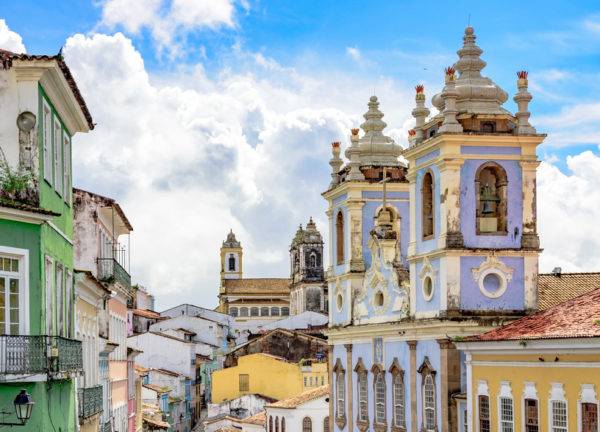Latin America’s smart city market will jump nearly 20% in the next four years driven by urbanization and major smart infrastructure investments.
The BNamericas site reports estimates by the Markets & Market consultancy of annual smart city market growth of 19.4% by 2020, reaching a total of $758 billion.
One of the factors driving smart city growth, according to Telefónica director Alfredo Martín, is the continuing influx of citizens to Latin American cities. He predicts that by 2050 85% of Latin America’s population will live in urban centers. This massive demographic shift is forcing government leaders to move beyond traditional urban planning approaches and embrace technology-driven infrastructure innovations to keep booming cities humming along.
The other significant driver of smart city growth is the sheer size of the regional investment in smart infrastructure, which is currently around $100 billion per year.
Navigant research sees water management as one of the biggest smart city growth segments in the coming years. For example, Peru currently only treats 30% of its wastewater, but will have to significantly increase this amount if its cities will be able to handle the looming population boom.
Significant growth from telecom sector
Analysts also expect to see significant smart city growth in the telecom sector. This will be largely driven by accessible broadband initiatives, such as Columbia’s Plan Vive Digital 2014-2018 or Brazil’s Rede Cidade Digital which targets 300 cities.
Several countries are prioritizing smart city investments that focus on energy efficiency and sustainability. Mexico, Brazil, Colombia and Peru have all earmarked investments for infrastructure projects that seek to improve efficient building management, transportation and security.
Specifically Colombia has invested more than $111 billion through various government ministries so far, as the country strives to develop its smart infrastructure within and between its cities.
Meanwhile, Chile is also putting smart city projects on the front burner, with ongoing projects in Guayaquil and Arequipa to digitize public services.


















